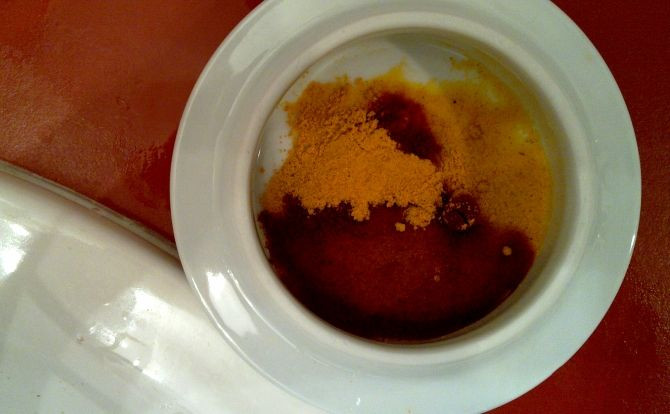Turmeric Extract May Lower Risk of Heart Attack after Bypass

A new research suggests that turmeric extracts may aid in recovery after a recent bypass surgery.
Turmeric extracts are known for their anti-inflammatory and anti-oxidation properties. The study suggests that the yellow pigment found in turmeric may help in protection against heart attacks in patients who’ve had recent bypass surgery.
For this research, Dr. Wanwarang Wongcharoen and his team from Thailand studied 121 patients who had non-emergency bypass surgery at their hospital from 2009 to 2011.
Half of the patients were given pills containing curcumin and the other half was given curcumin-free placebo pills. The pills were given three days before the surgery and then were continued for five days post-surgery.
Post-bypass hospital stay, 13 percent of patients who were on curcumin pills suffered heart attack compared to almost 30 percent of patients in the placebo group.
Prolonged lack of blood flow can damage the heart muscles during a bypass surgery. Thus, the risk of a heart attack increases in patients who’ve undergone this type of surgery.
The research group concluded, after verifying any differences in the pre-surgery differences among the subjects, that curcumin lowered the risk of a heart attack by 65 percent.
The study reports that ‘post operative C-reactive protein, malondialdehyde, and N-terminal pro-B-type natriuetic peptide (NT-proBNP) levels were also lower in the curcuminoid than in the placebo group.’ (Lower levels of markers of inflammation and oxidative stress.) The levels of C-reactive protein rise in response to inflammation.
A related research has shown that NT-proBNP is a strong predictor of death and a wide range of cardiovascular events.
Experts believe that small amounts of turmeric in cooking may be fine but taking extracts like curcumin in large doses might not be a good idea as large-population based studies haven’t established its safety.
“Curcumin has for years now been shown to reduce inflammation and to reduce oxygen toxicity or damage caused by free radicals in a number of experimental settings,” said Dr. Jawahar Mehta, a cardiologist at the University of Arkansas, to Reuters. He added, “I wouldn’t go to a health food store and start taking four grams of curcumin a day, as was done in this study.”
The study was published online on April 3, 2012 in American Journal of Cardiology.



























